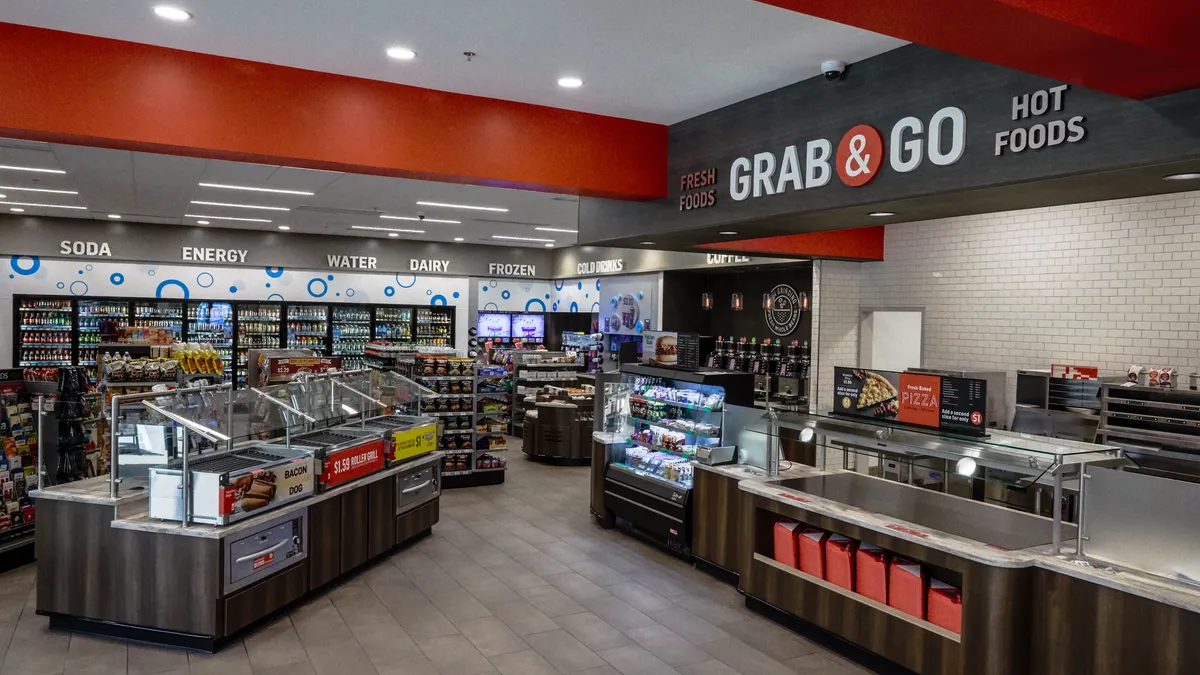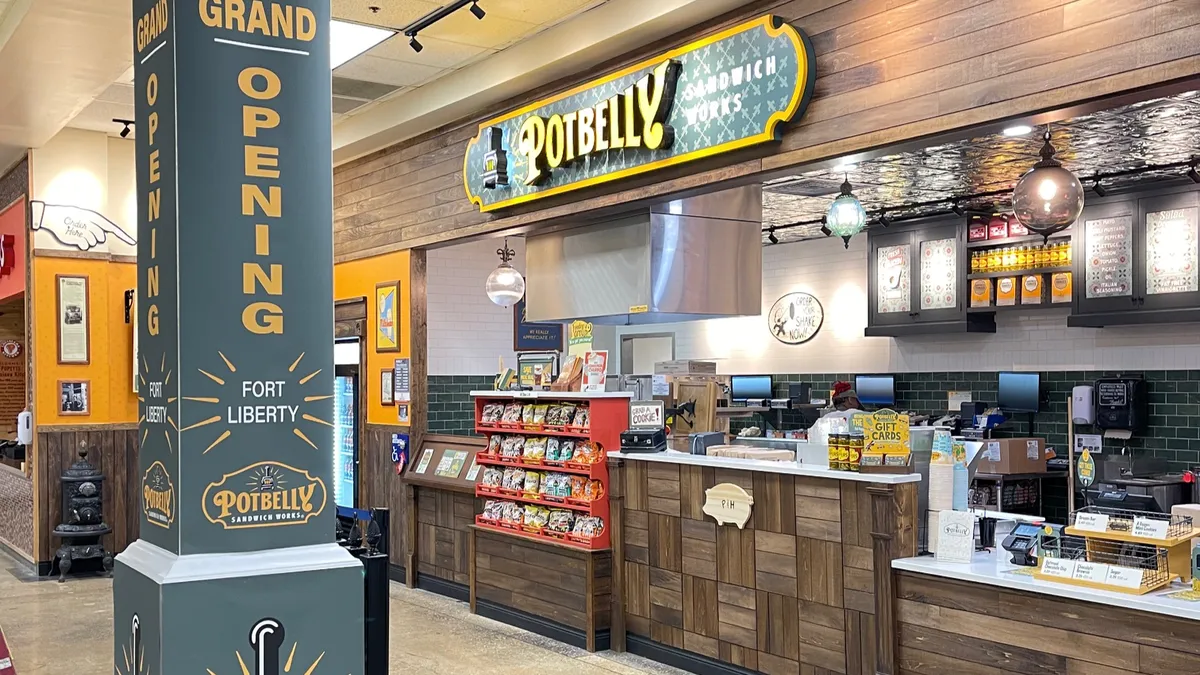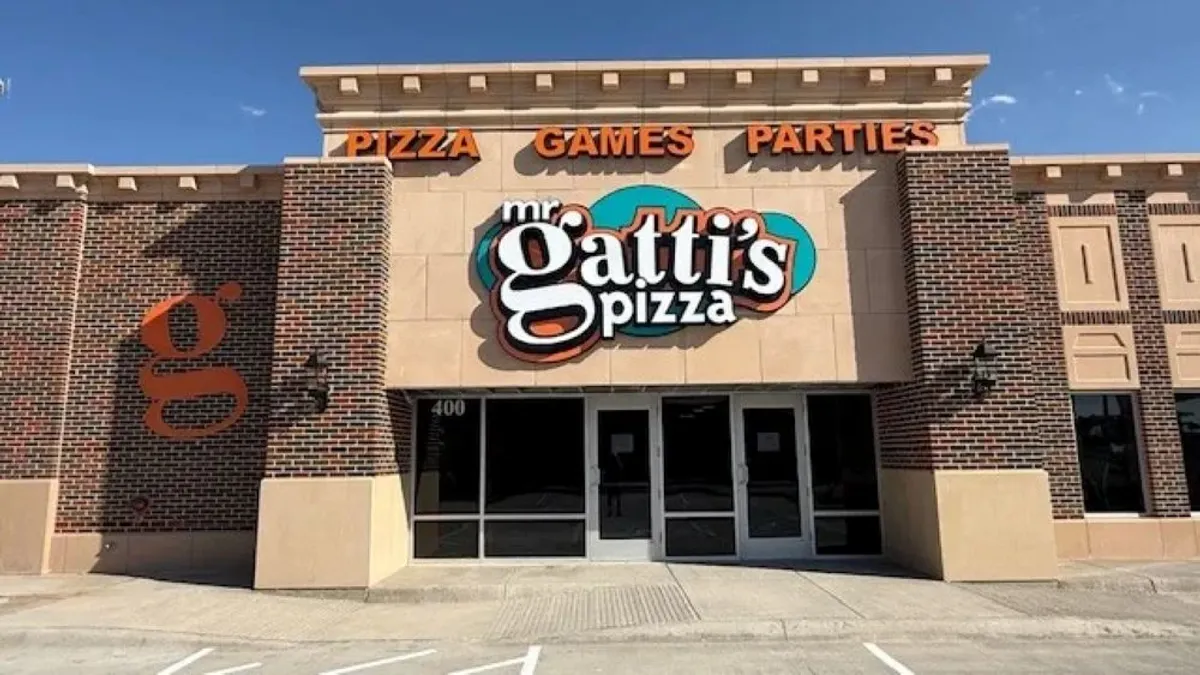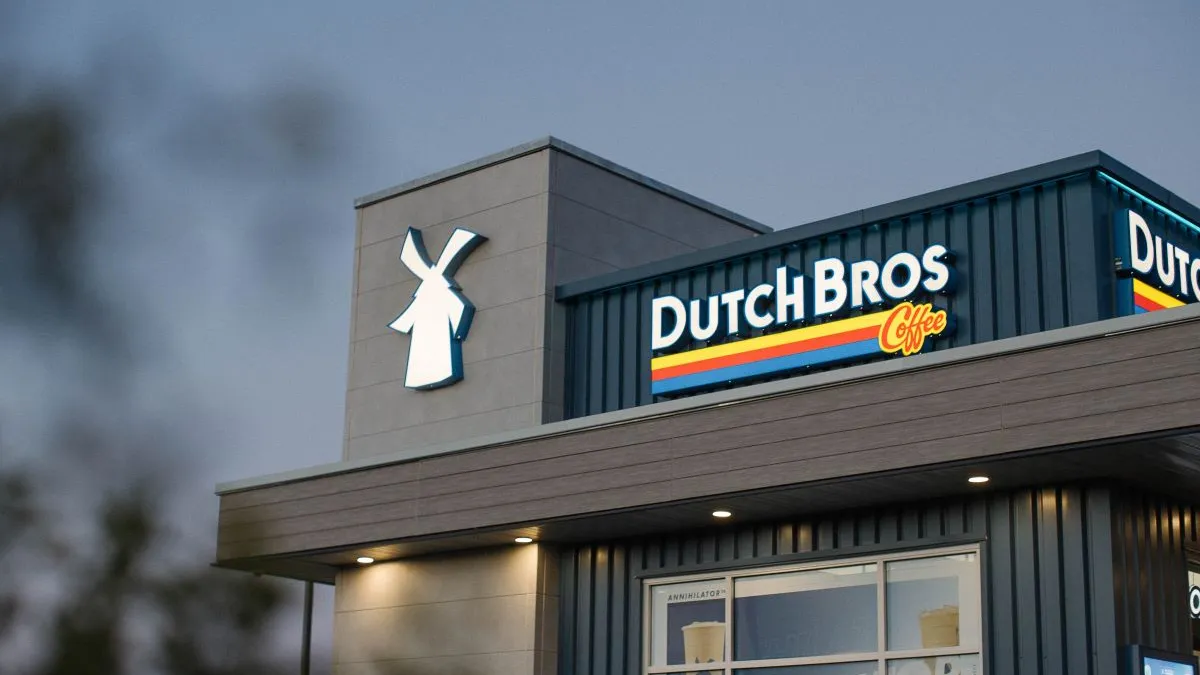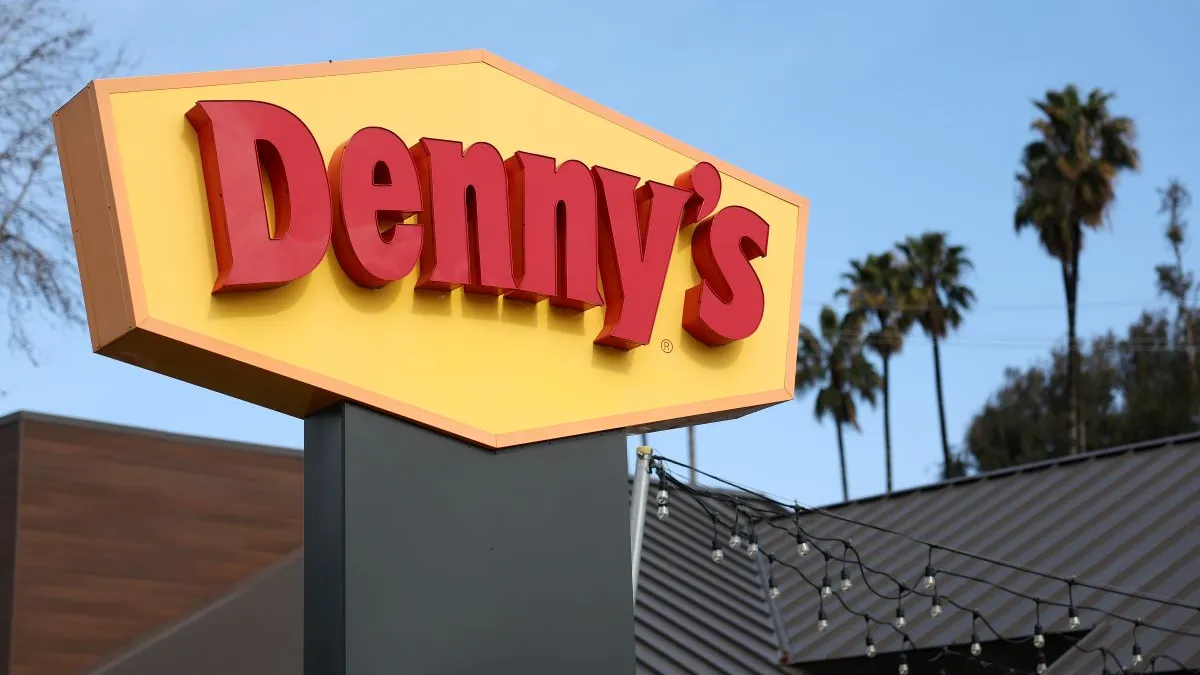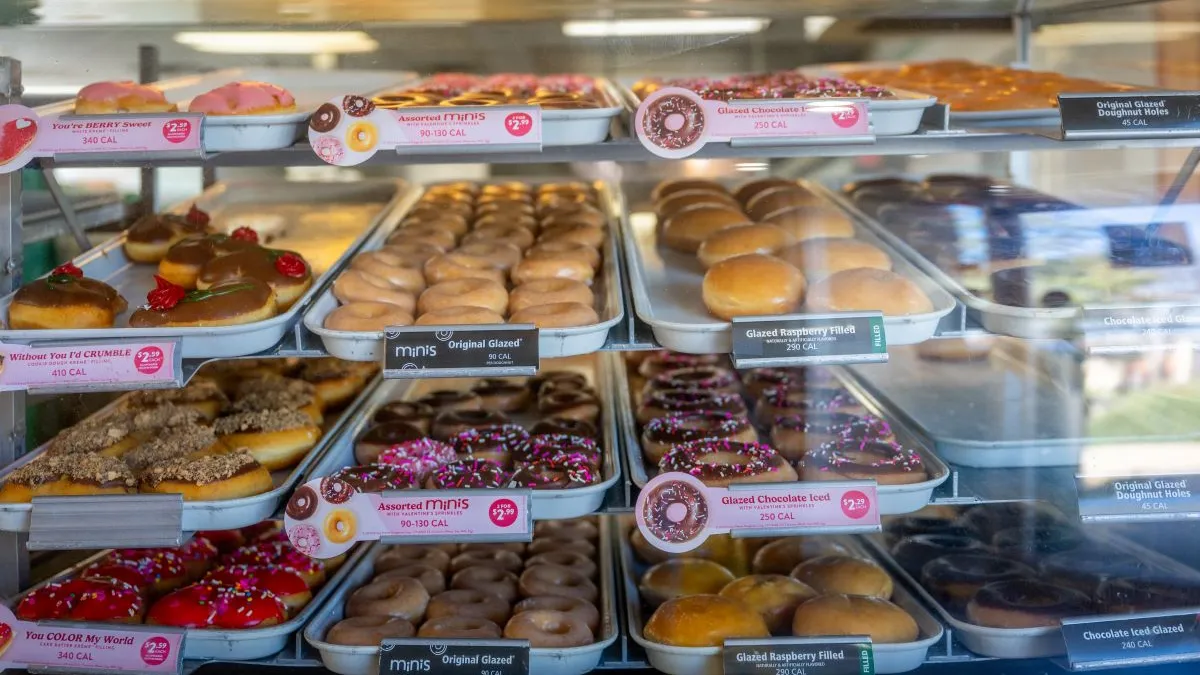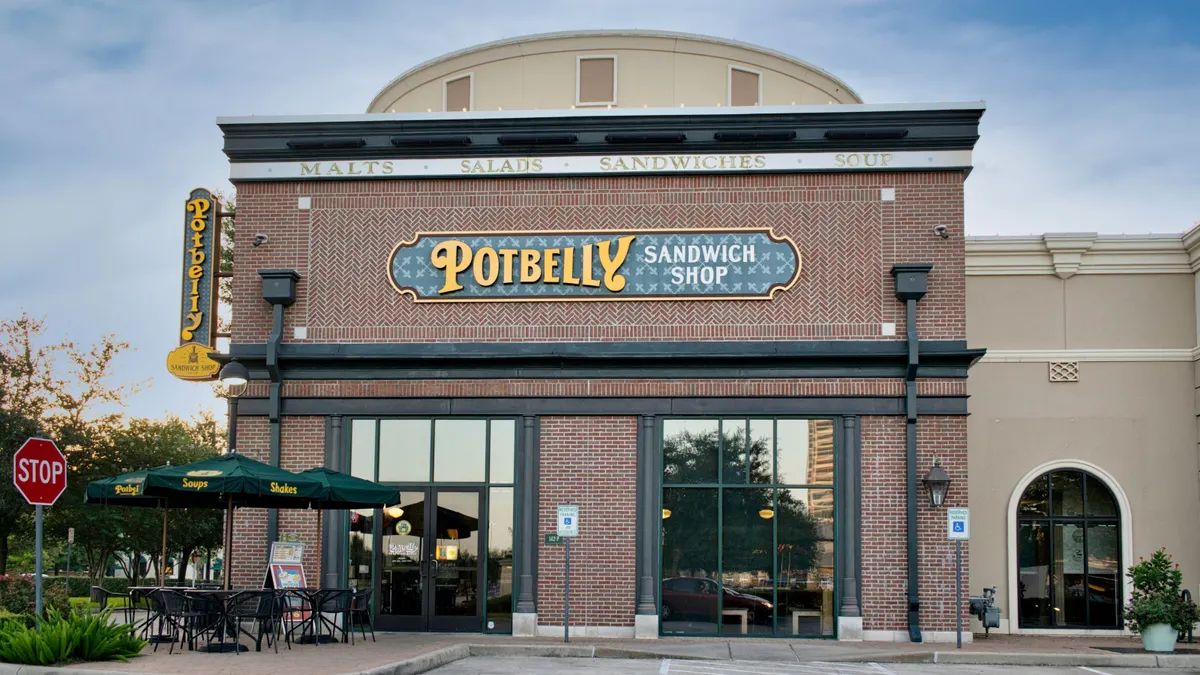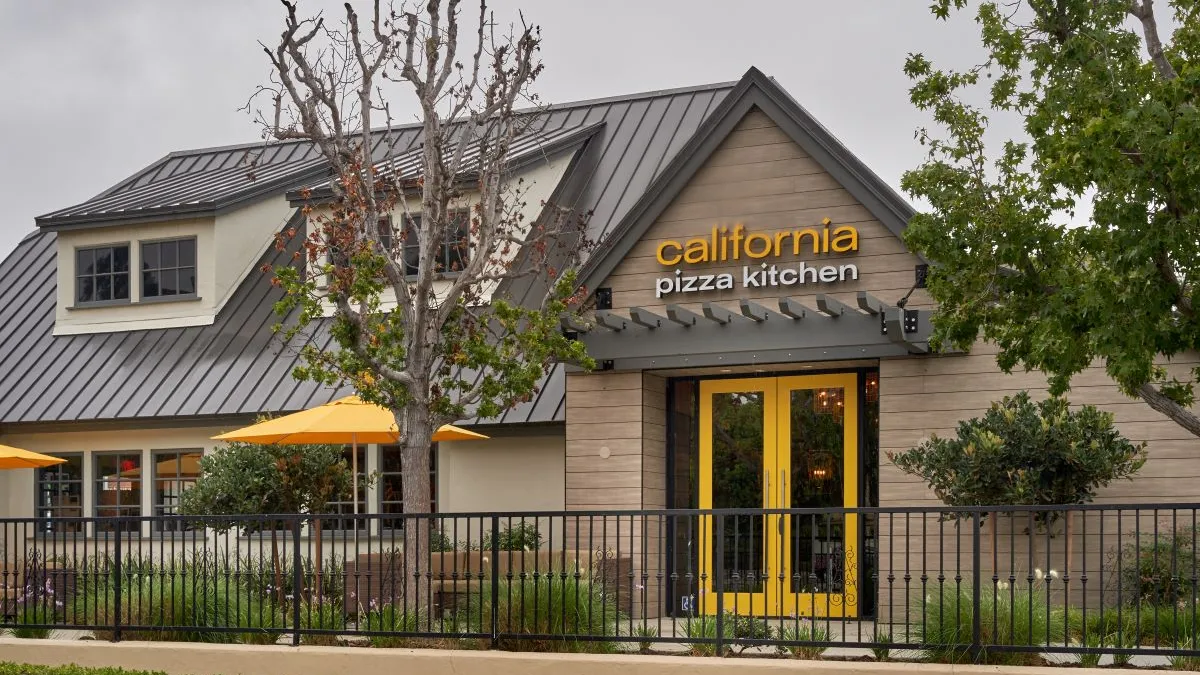RaceTrac has become a regional c-store chain known for its rapid growth, evolving tech stack and sharp-looking stores featuring distinctive bright-red branding.
Foodservice, meanwhile, hasn’t been much of a calling card for the Atlanta-based operator.
While other fast-growing regional chains like Wawa, QuikTrip and Sheetz have a reputation for unique made-to-order foods and beverages, RaceTrac’s current foodservice menu includes a familiar lineup of staples like breakfast sandwiches, pizza and roller grill hot dogs, along with a proprietary Swirl World ice cream and frozen yogurt program.
That’s poised to change with the company’s eye-catching announcement yesterday that it plans to acquire sandwich chain Potbelly for $566 million. If completed, the deal would give RaceTrac a strong food brand along with signature dishes, culinary expertise and other resources almost overnight.
Having a stellar foodservice program is important for rapidly expanding companies like RaceTrac, said Richard Guidry, a foodservice executive and industry consultant who spent more than 15 years in marketing, management and operations roles with RaceTrac. The retailer acquiring what it needs to compete at this point makes more sense than trying to cook everything up from scratch, he said, since developing signature dishes like Casey’s pizza and Wawa’s hoagies can take years.
“RaceTrac may have just sped up the clock and skipped some years with this deal,” he said.
RaceTrac could place Potbelly locations inside its stores, with sandwiches like the “Wreck” and “Sweet Heat Pork BBQ” drawing customers. RaceTrac’s growing travel centers, in particular, are a logical home for the QSR’s outposts, said Guidry.
Peter Rasmussen, a former Wawa executive who serves as CEO of c-store consultancy Convenience and Energy Advisors, believes Potbelly would work well inside RaceTrac’s stores.
“The Potbelly brand is respected for quality so positioned in a Racetrac it automatically elevates the food offer not just for what Potbelly sells, but adjacent marketing benefits to consumer perception of the rest of Racetrac’s offer,” he said via email.
Potbelly has yet to reveal how it will integrate with RaceTrac.
“While it’s too early in the process to comment on specifics, we can say that the strength of our teams is critical to our future success, and we recognize the talent that this transaction brings together,” the company said in an emailed statement. “We remain committed to operating to support our team members, our franchisees and their growth.”
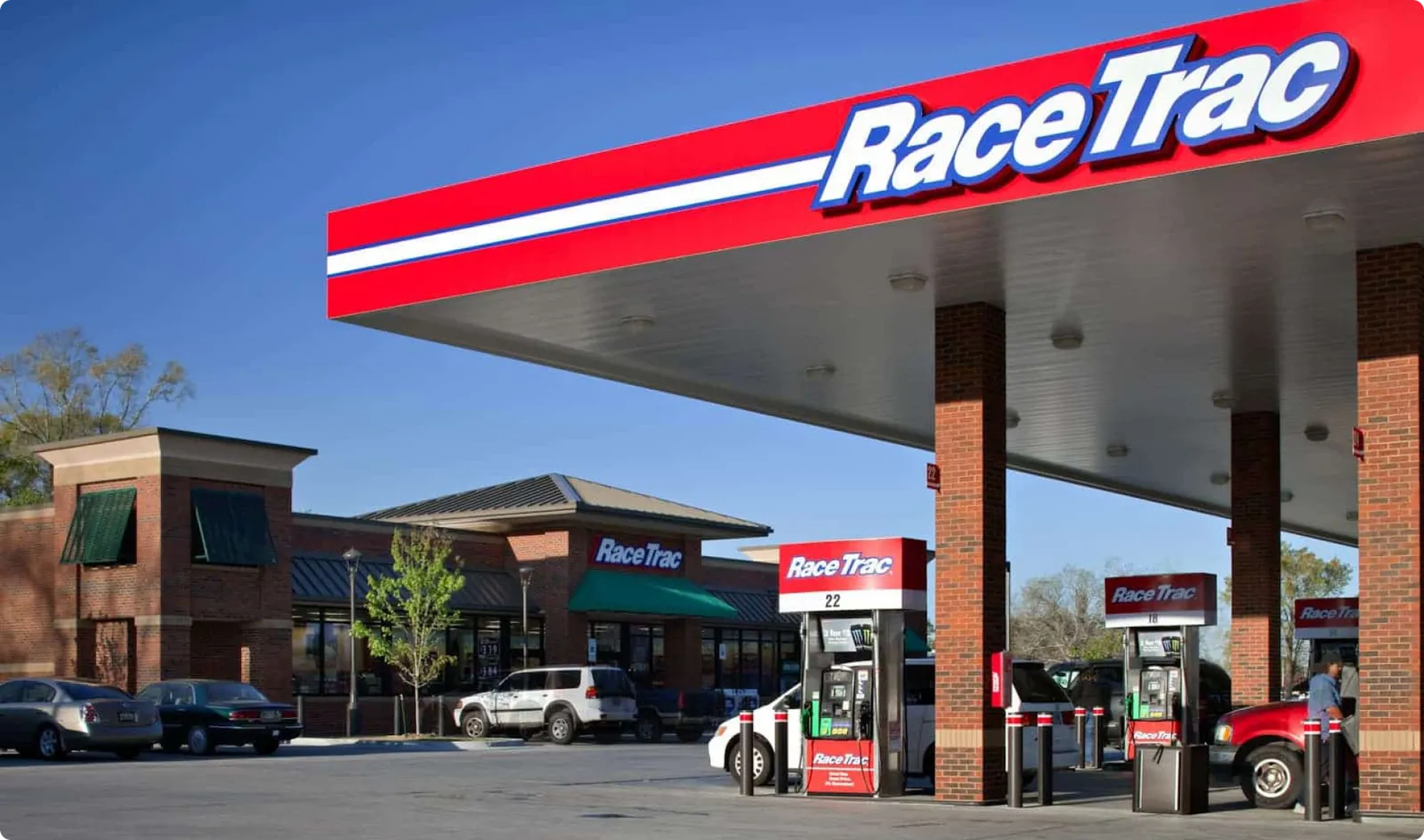
A sign of deals to come?
Both companies appear to have strengths that the other can learn from, Guidry said. RaceTrac is good at developing real estate and could help Potbelly hone its plan to hit 2,000 locations, while Potbelly could help it improve RaceTrac’s foodservice technology along with its dishes and food innovation.
“QSRs are pretty far ahead of c-stores from a technology standpoint, whether it's forecasting and automation tools, and even starting to use AI now for ordering,” Guidry said.
For years, c-stores have partnered with QSRs to offer outposts inside their stores or on adjacent property. But acquiring a restaurant operator outright is a new development that underscores the increasingly blurred line between convenience outlets and restaurants.
In recent years, c-store operators have hired culinary experts, upgraded their menus and added foodservice programs that aim to compete head-on with restaurants. 7-Eleven, the U.S.’s largest c-store chain, has developed its own QSR brands and plans to open restaurants inside hundreds of stores. QuikTrip locations now feature draught cold brew stations and a QT Kitchens program slinging everything from breakfast pizzas to frozen shakes.
RaceTrac’s proposed deal raises the possibility of additional mergers between c-stores and restaurants. Richard Poye, a former vice president of marketing and food with RaceTrac who serves as president of consulting firm Food Trends Think Tank, said large chains and QSRs will be watching the merger closely and could eventually copy it.
“More deals are possible as large chains seek foodservice shortcuts,” he wrote via email. “However, smaller players may prefer franchising or co-branding due to the risks associated with integration.”
The acquisition isn’t without challenges. Poye said bringing two different industry cultures together can be complex.
“C-stores thrive on speed, limited menus, and impulse purchases; QSRs depend on the dining experience, consistency, and a food-first culture,” he noted. “As with any cross-sector integration, running two very different business models in parallel can strain focus, systems, and capital, resulting in a loss of emphasis on the core.”
If RaceTrac can successfully integrate Potbelly, it could join the ranks of Wawa, Sheetz, QuikTrip and other high-performing regional operators that consumers view not just as fuel or snack stops but meal destinations.
“[RaceTrac] is great at running stores. They have a great value proposition. Their guest service is really good. Making this acquisition kind of feels like that last piece of the puzzle,” said Guidry.



